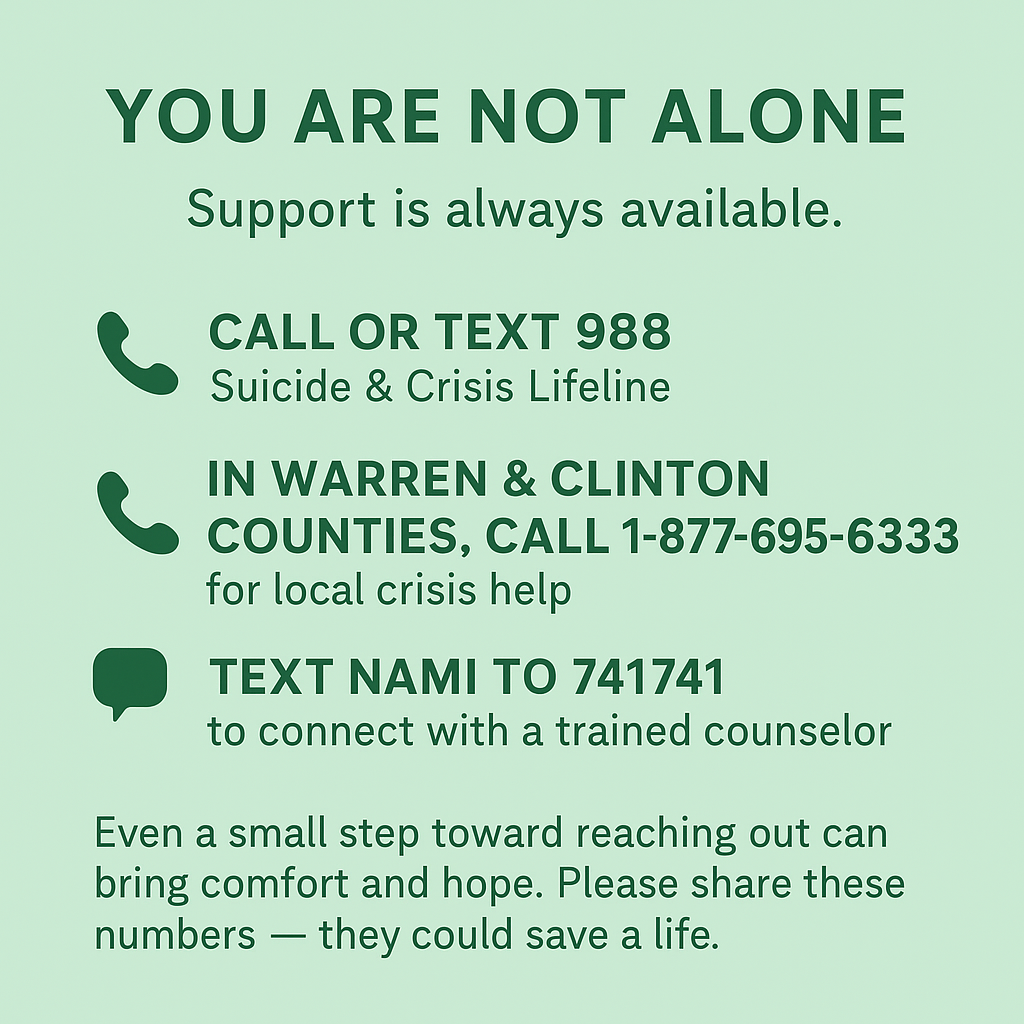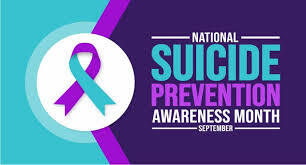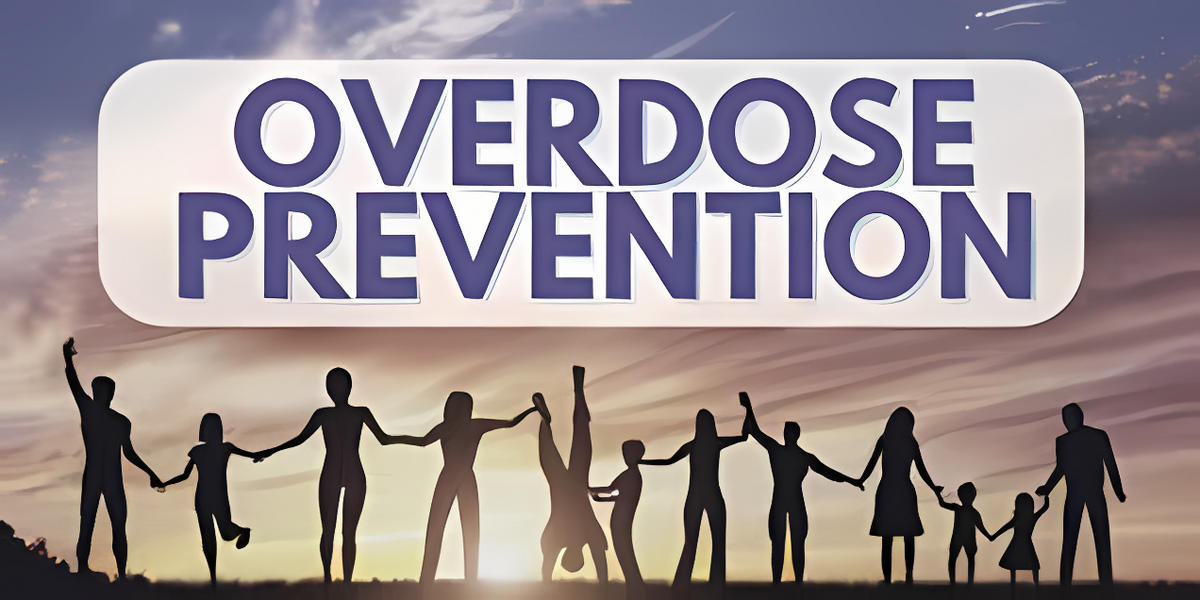Blog
Blog
Entry Tags (97 found)
#KnowTheSigns access addiction alcohol Alcohol Awareness Month alcoholic anxiety bengals break the stigma christmas stress coalition community community talk connectedness connection coping coronavirus counseling covid-19 Crisis depression downtime drinking drugs Eating Disorder Awareness Eating disorders emotional wellbeing family FDA find help find help find hope first responders football friends goals grief halfway through year happiness holidays holidays intervention kids kids light up purple manage stress men mental health mental health month mental illness mindfulness Narcan National Night Out nature new year resolutions open house opiates overdose overdose awareness week parents and kids peer support prevention recovery relationships resources rural mental health rural mental health school screening seasonal affective disorder seasons self-care self-harm self-love stigma stress Stress Awareness Month substance abuse substance use disorder suicide suicide awareness suicide prevention summer super bowl support teens therapist tips trauma treatment Valentine's Day vaping Veterans Day veterans days virtual meetings walking well-being work life balance
What are 'Glimmers'? The Power of Spotting Joy
You may have heard of “triggers” — moments of intense stress or anxiety often in response to a memory, person, or situation associated with trauma. Encountering a personal trigger can activate the bod...

Every October, Depression and Mental Health Screening Month reminds us that our mental health is just as important as our physical health—and screenings can be the first step in the path toward healin...

Building a Community of Connection: WCSPC guest blog
EDITOR'S NOTE: This post is a guest blog from the Warren County Suicide Prevention Coalition
Building a Community of Connection: Warren County Suicide Prevention Coalition's Mission & Vision
At t...

Suicide prevention begins with connection — with listening, with showing up, and with knowing where support can be found. If you or someone close to you is feeling overwhelmed, please know you are not...

Suicide Prevention: Know the signs, save a life
September is Suicide Prevention Month, a time for our community to come together and learn how to recognize when someone may be struggling. Suicide can affect anyone—young or old, veterans, parents, s...

Overdose is a leading cause of preventable death in the United States, and communities like Warren and Clinton County are not immune to its impact.
Substance use disorders affect people from all walk...

'Light Up Purple' for Overdose Awarness Month
Each August, communities across the globe observe Overdose Awareness Month—a time to remember those lost to overdose, support the people left behind, and spread hope for recovery and prevention.
Loca...

Why a Screener is Key to Knowing
When it comes to substance use, it’s not always easy to tell when recreational use crosses the line into something more serious.
Many people struggling with alcohol or drug use don’t realize they hav...

Every July, Minority Mental Health Awareness Month serves as a vital reminder of the unique mental health challenges faced by underrepresented communities.
Originally established in 2008 in honor of ...

June marks Men’s Mental Health Month, a time dedicated to raising awareness about the unique mental health challenges faced by men and encouraging them to seek support without shame or stigma. Althoug...

